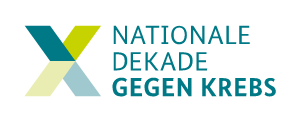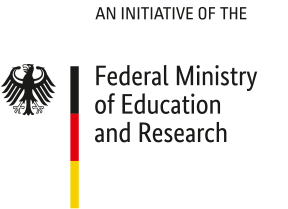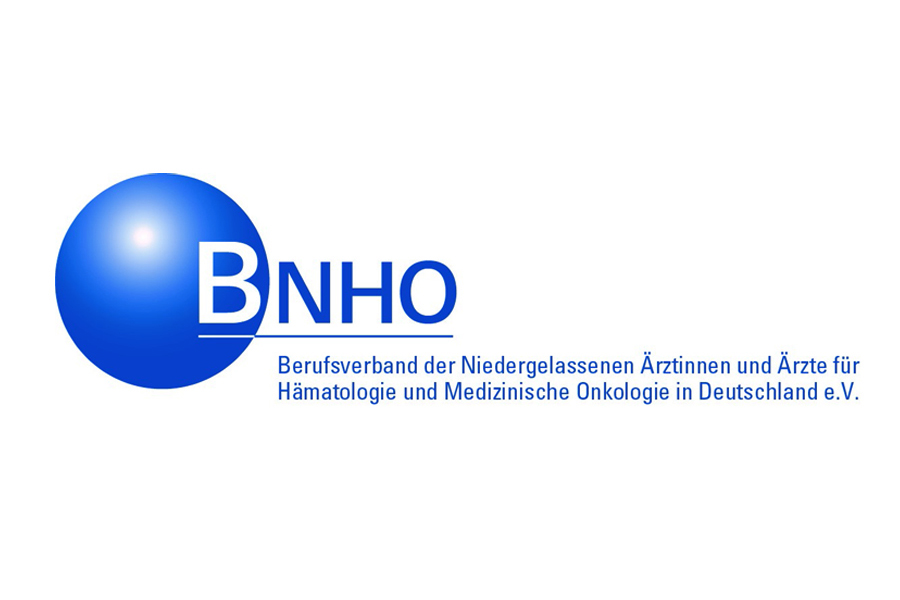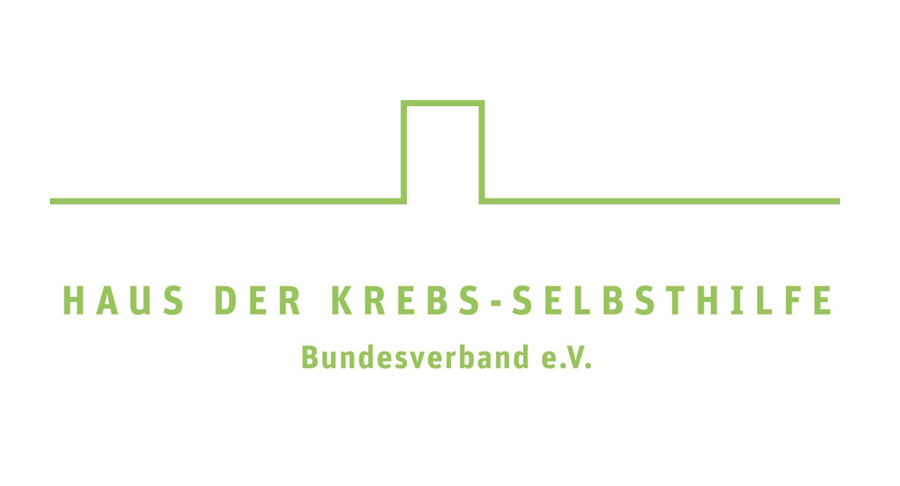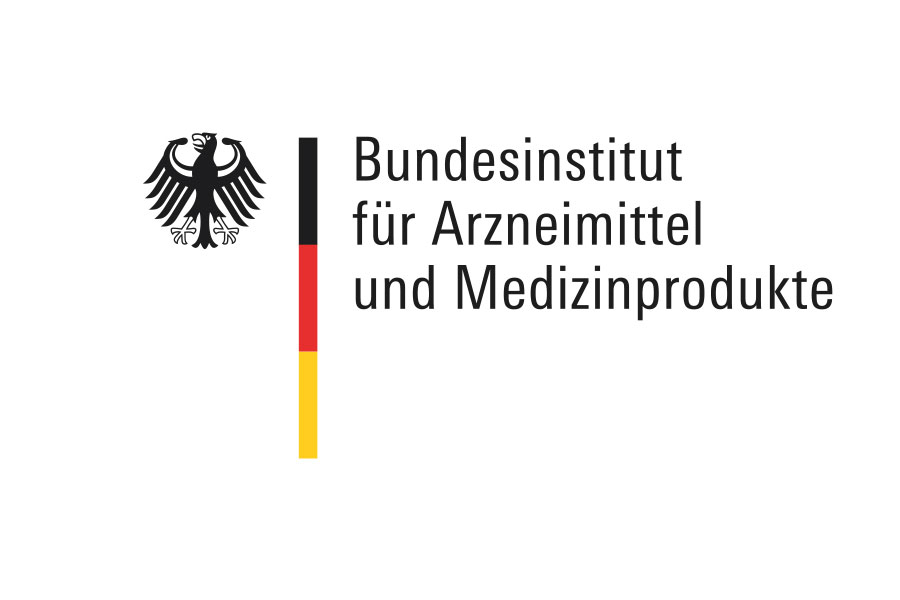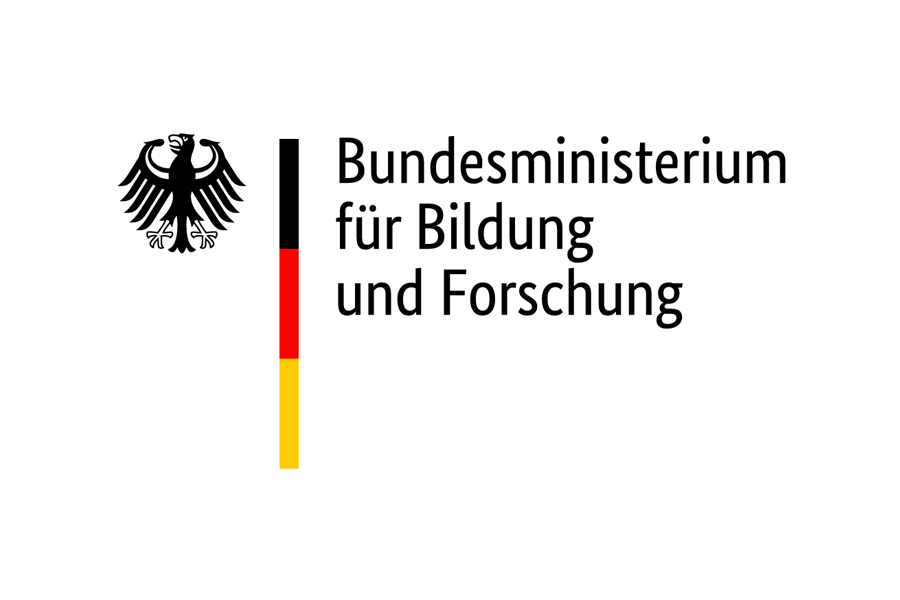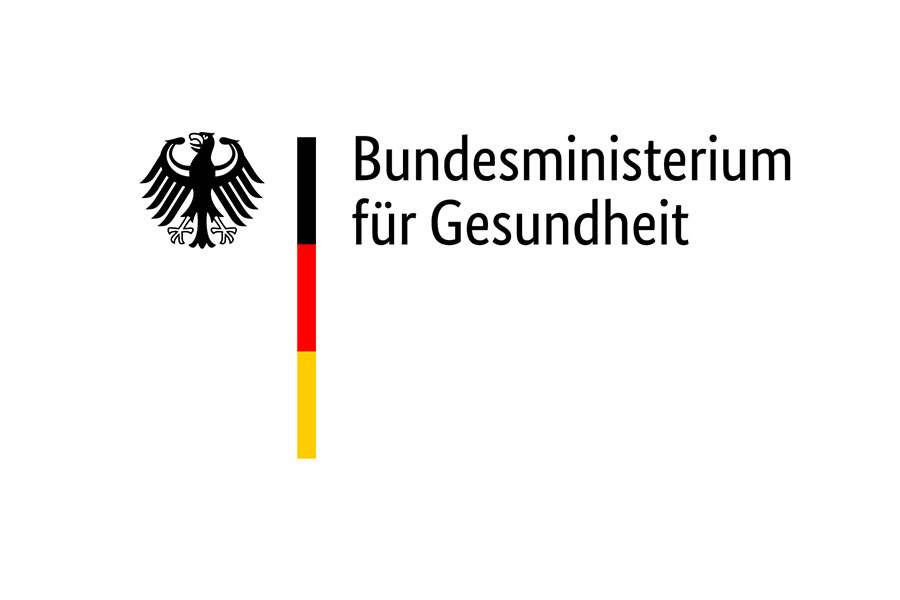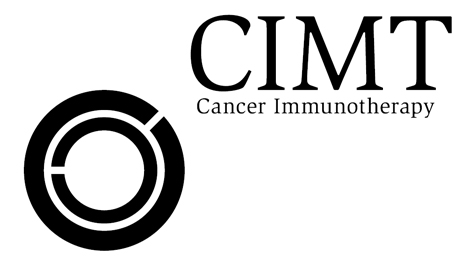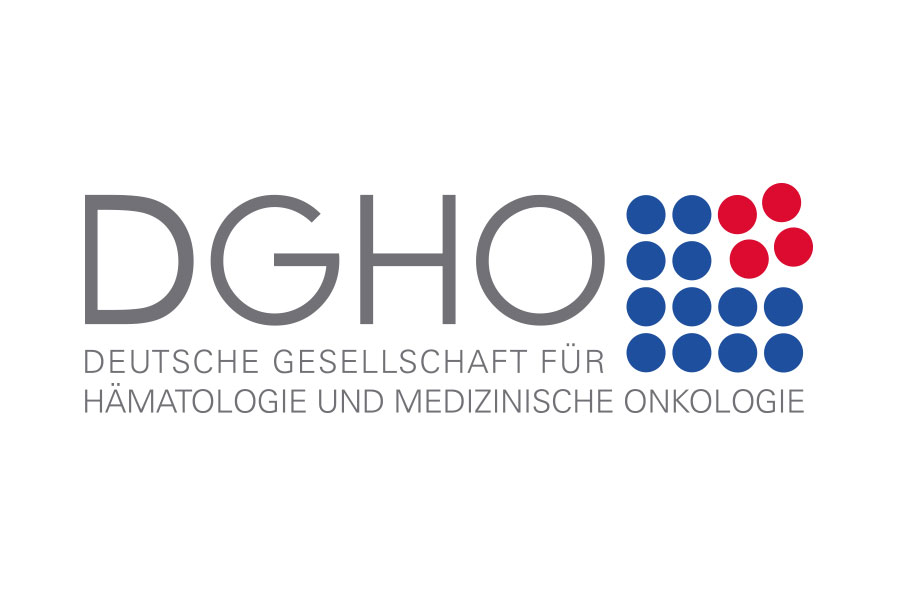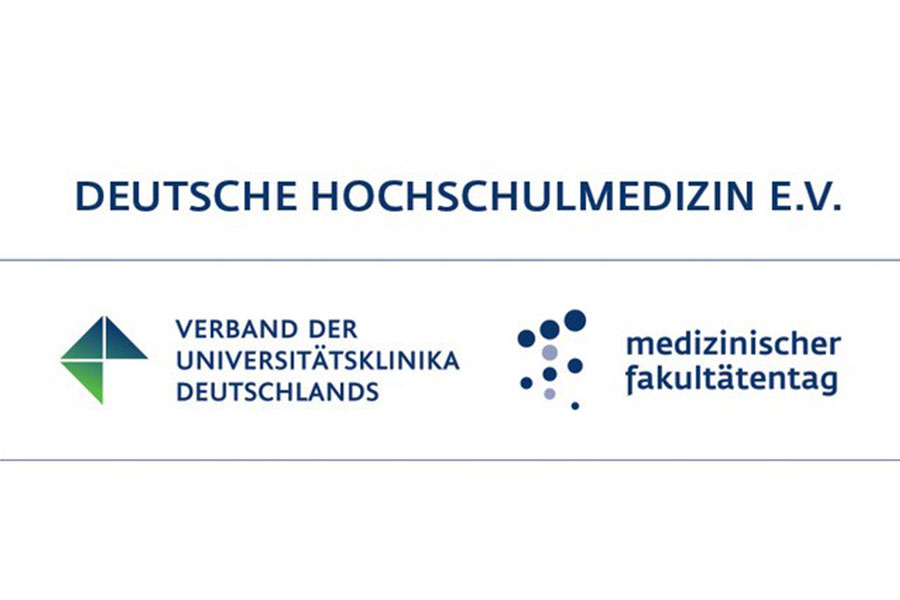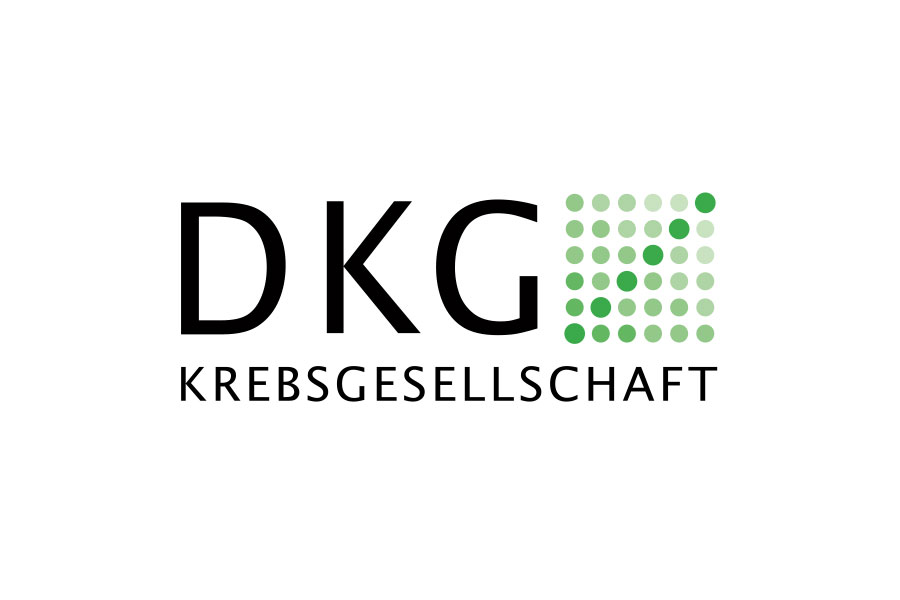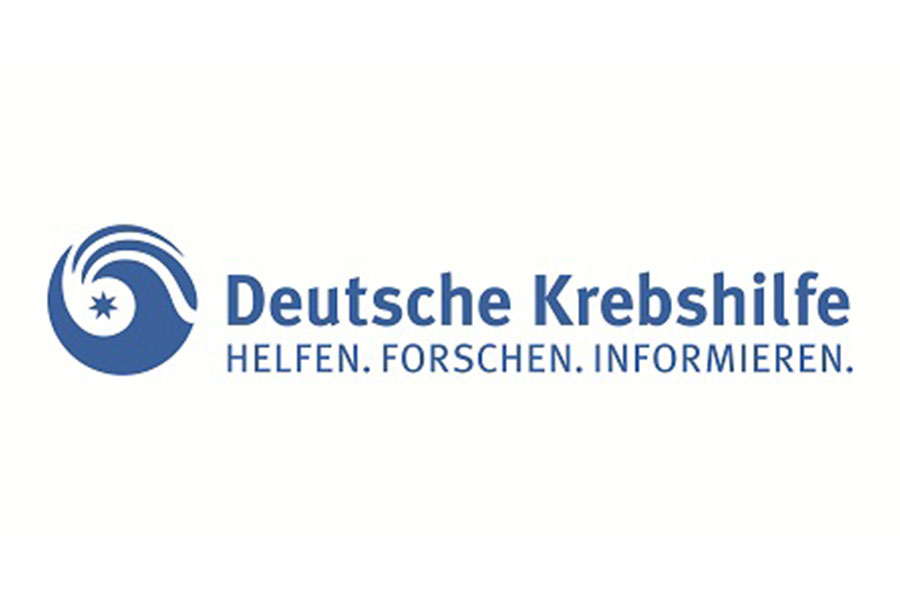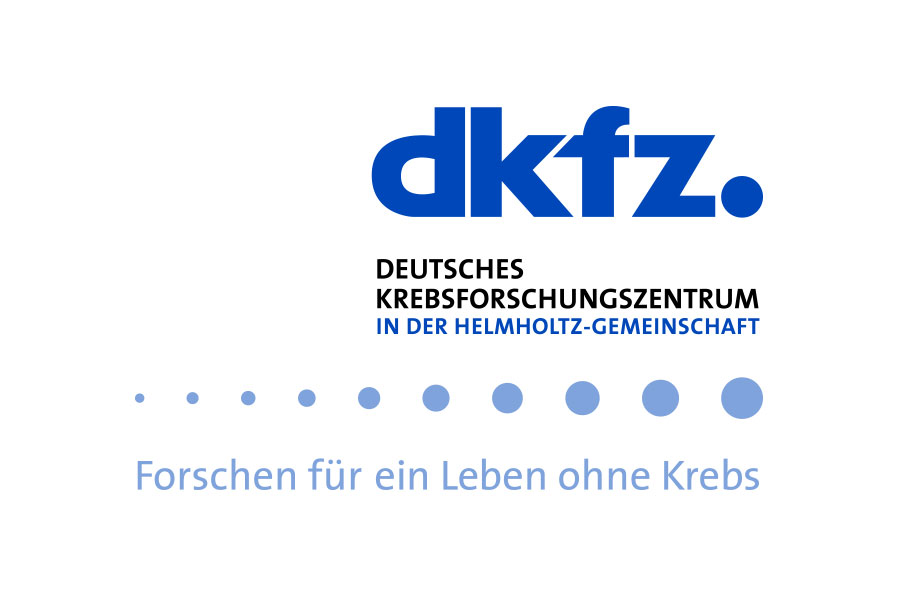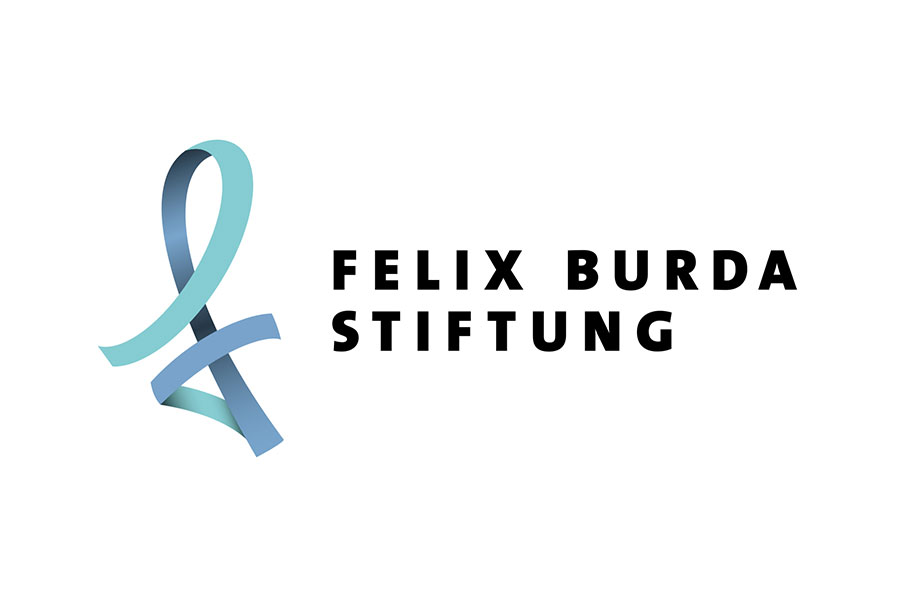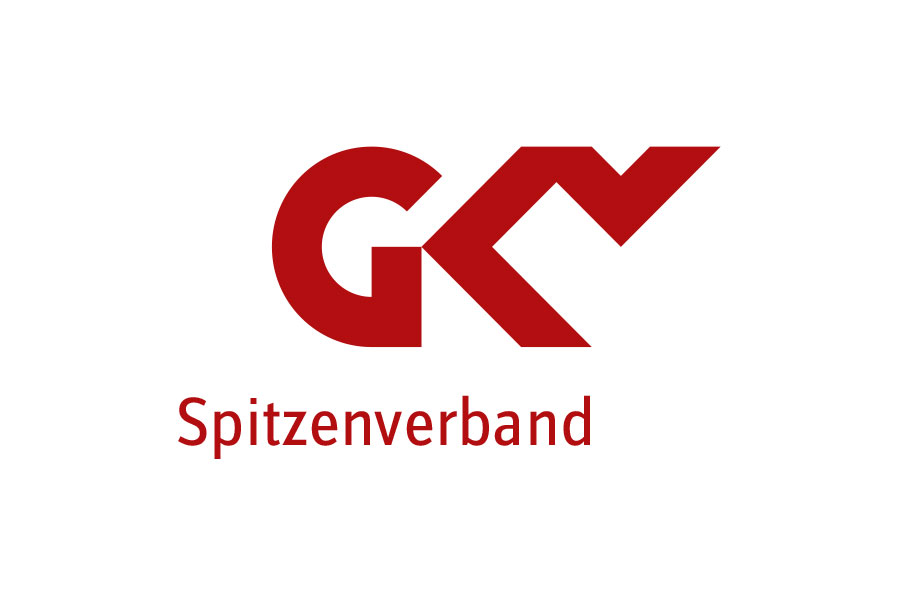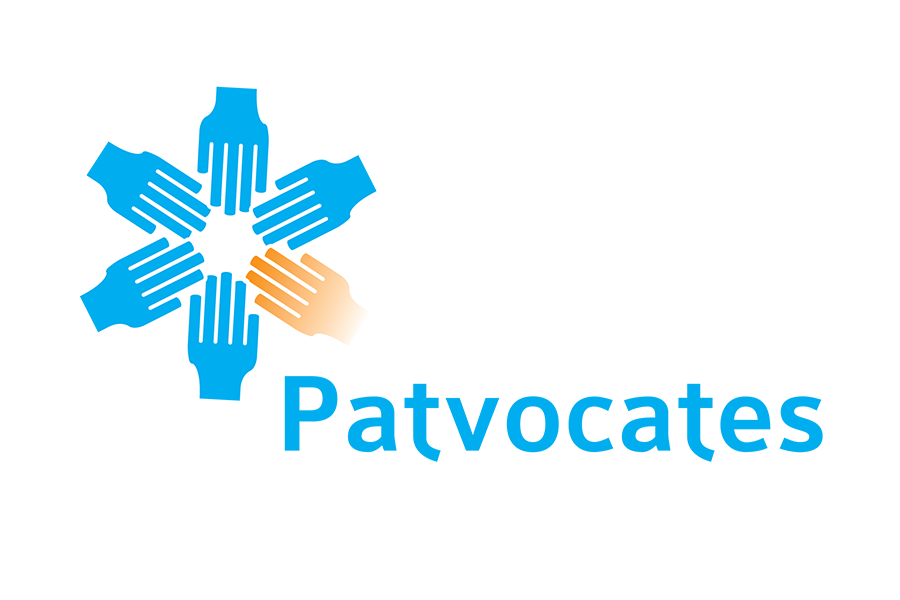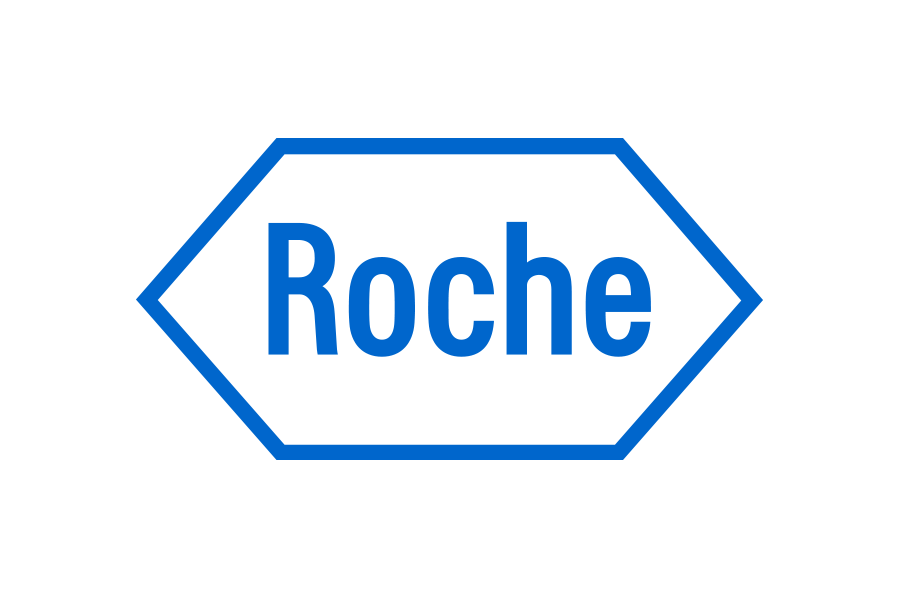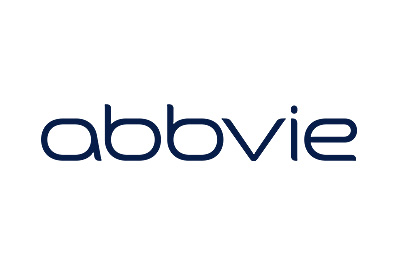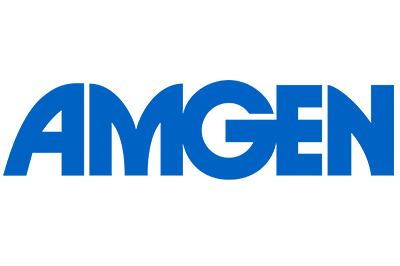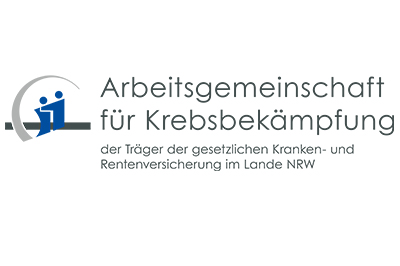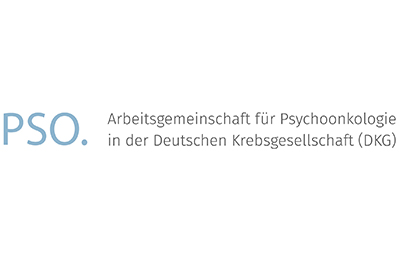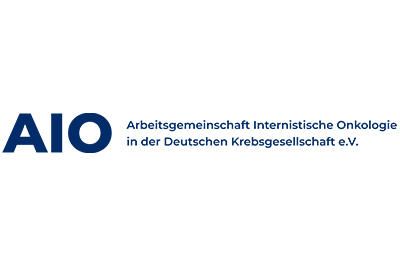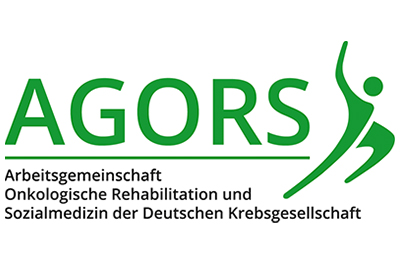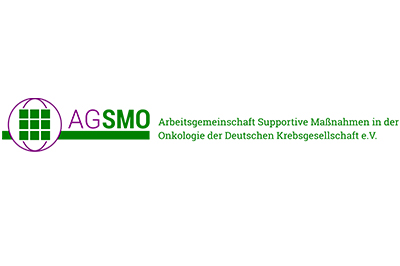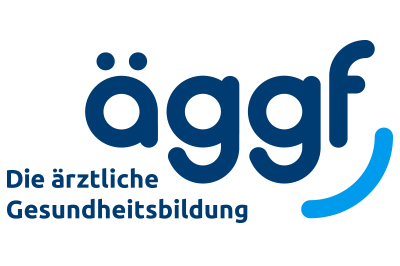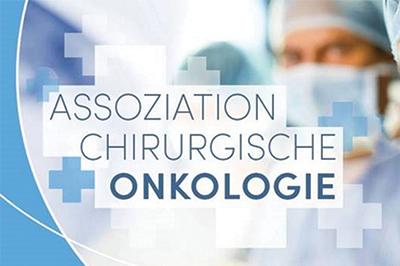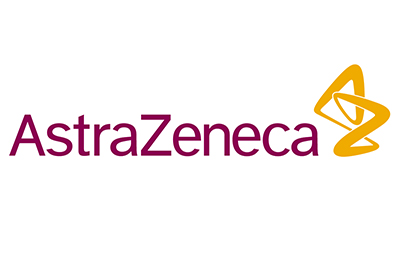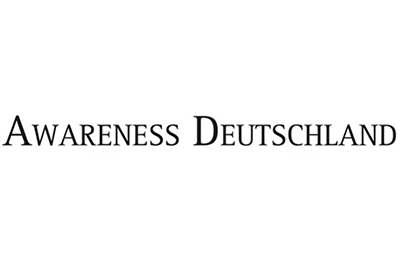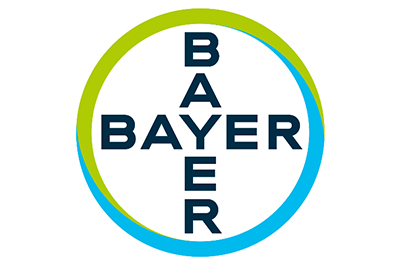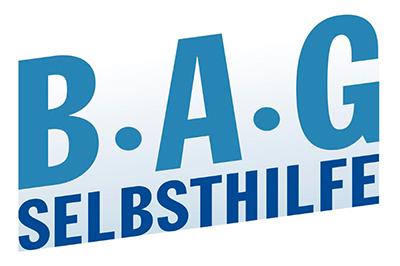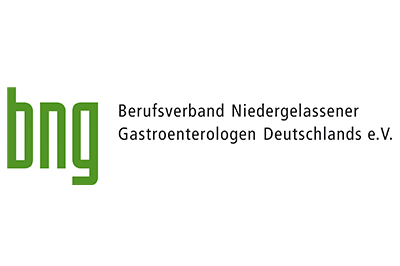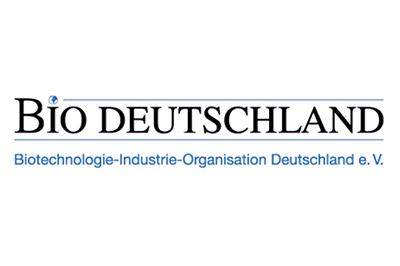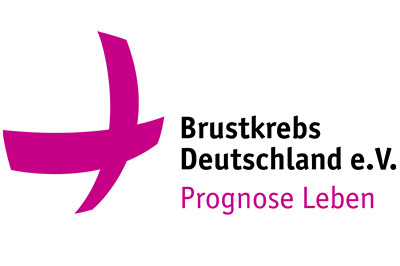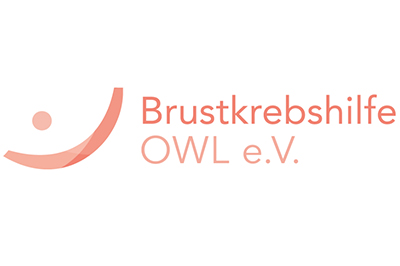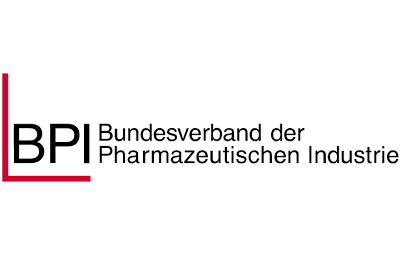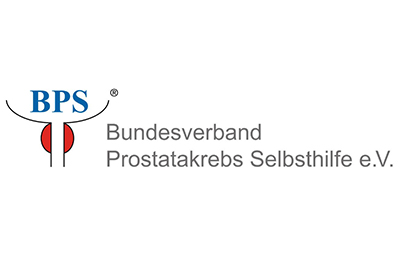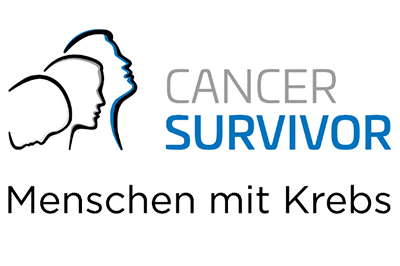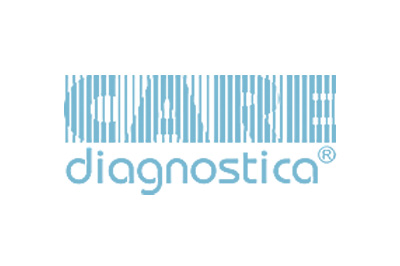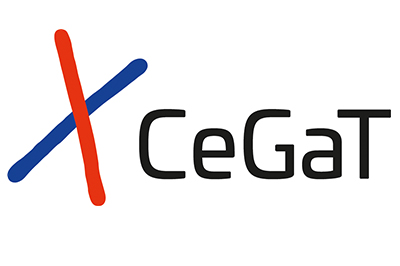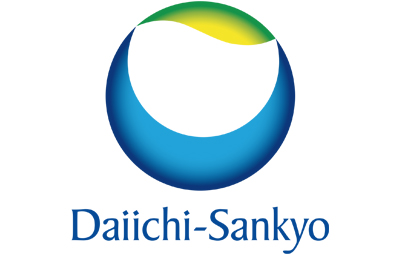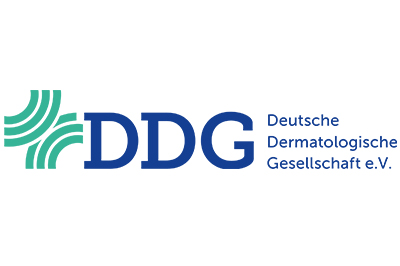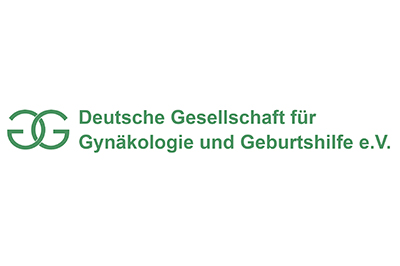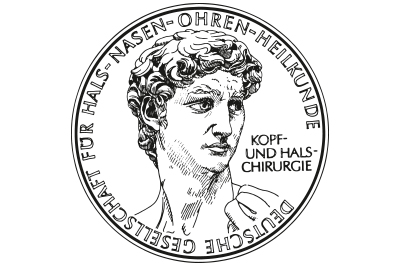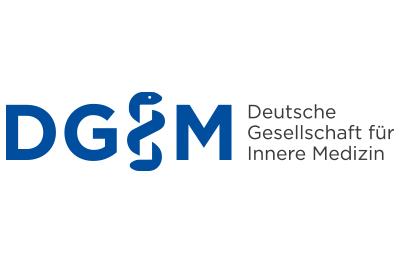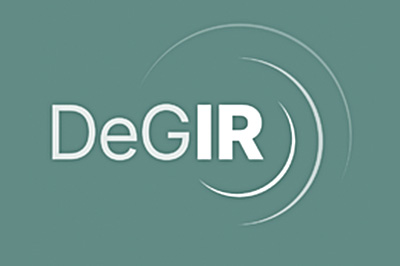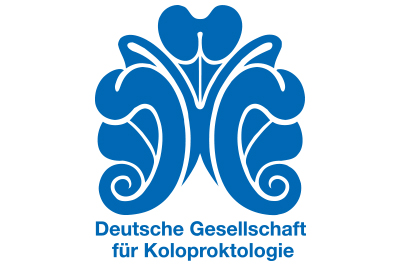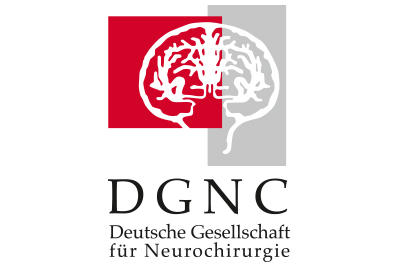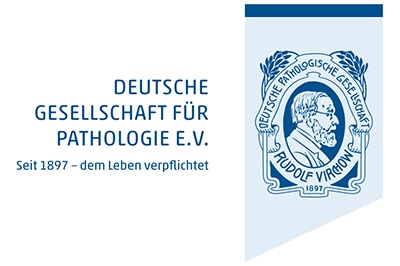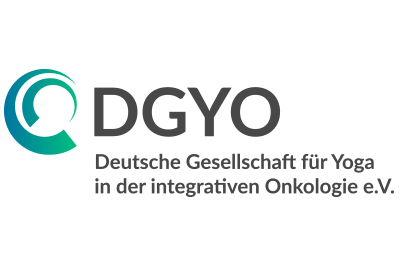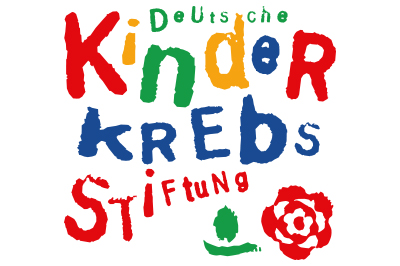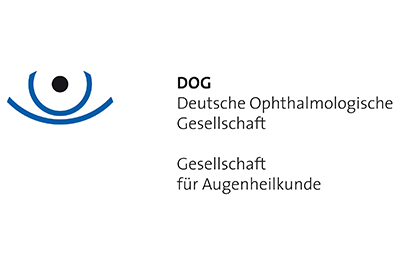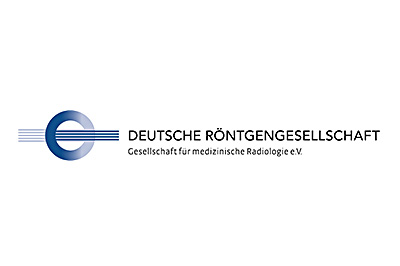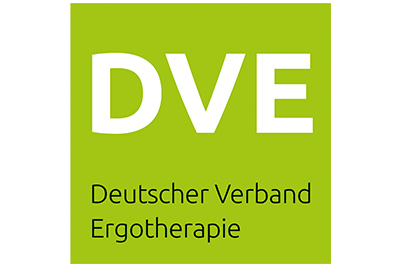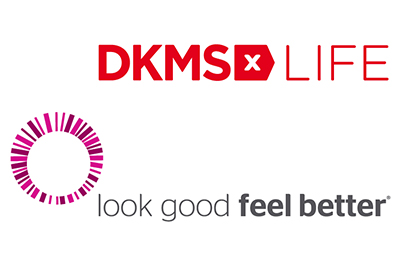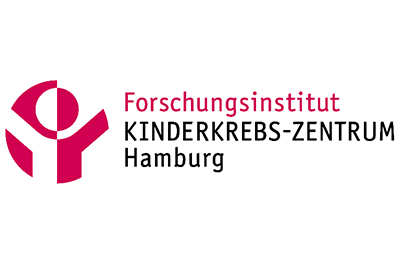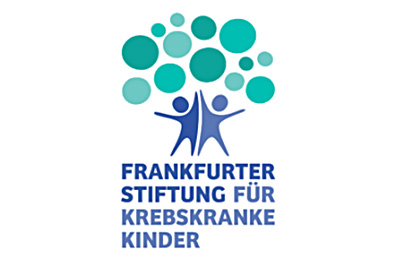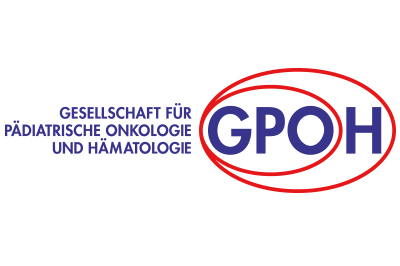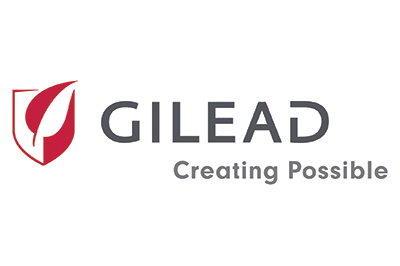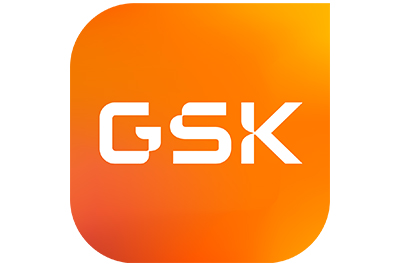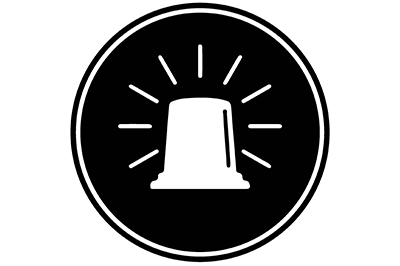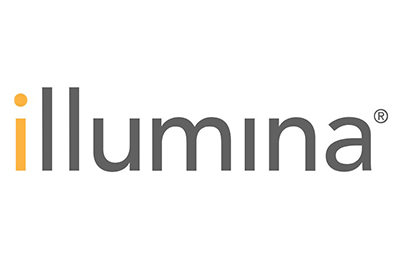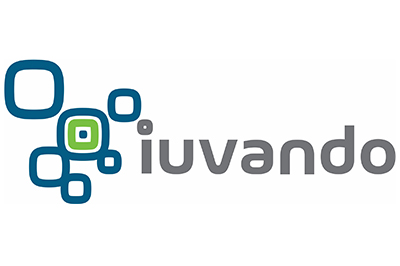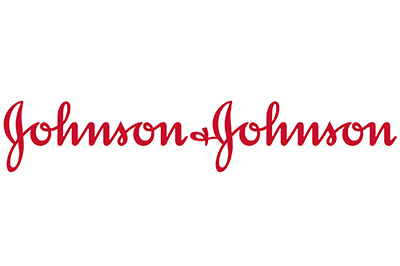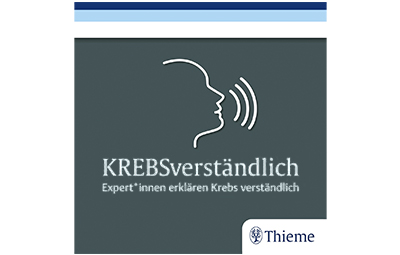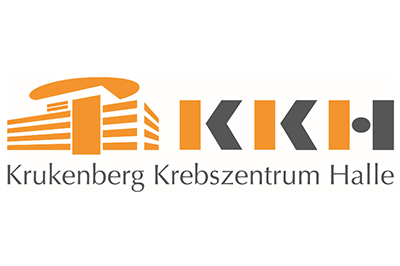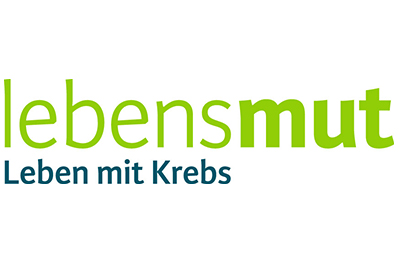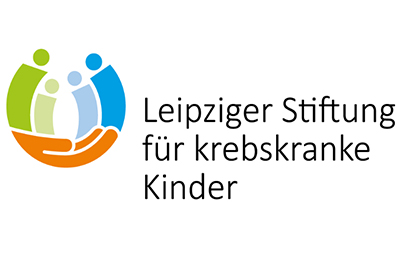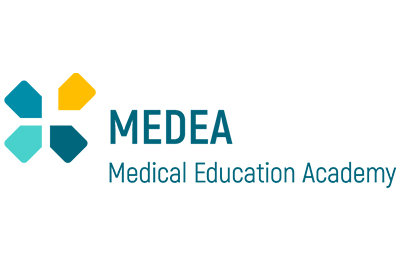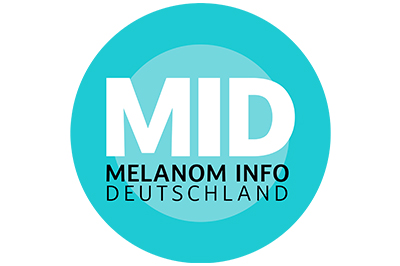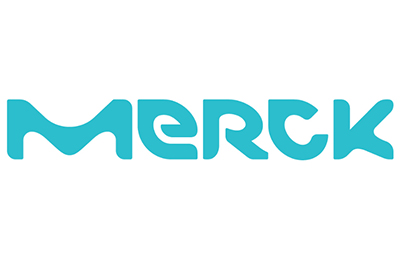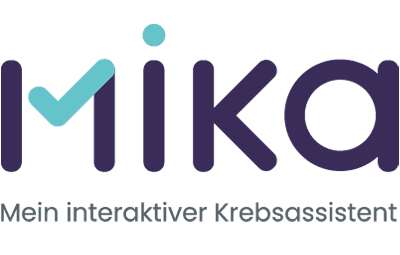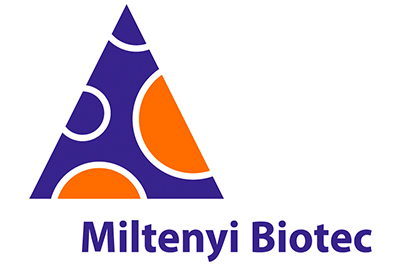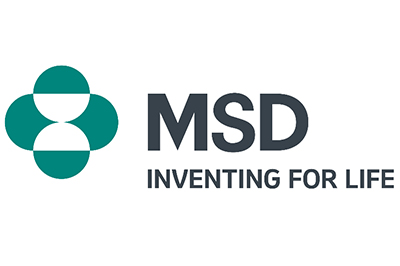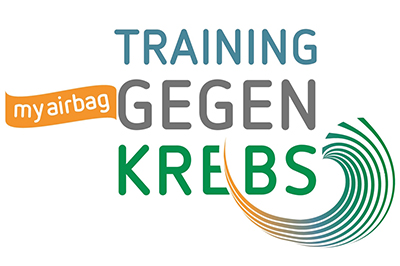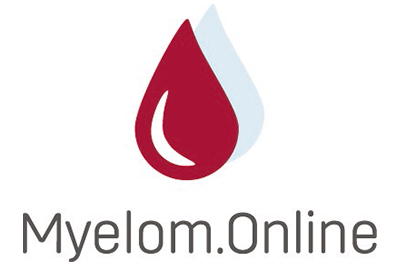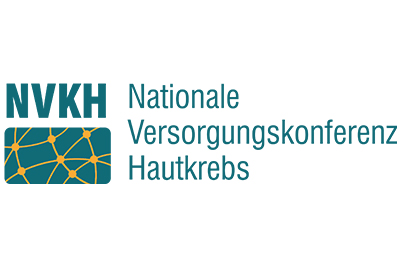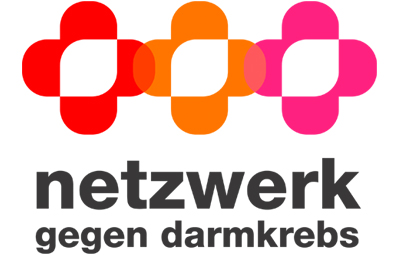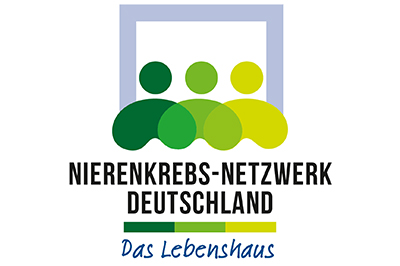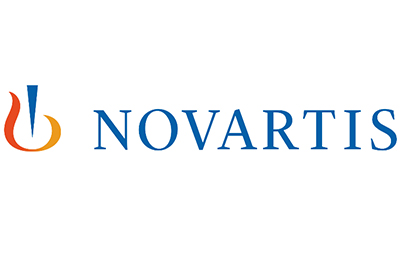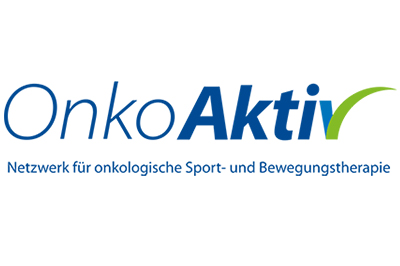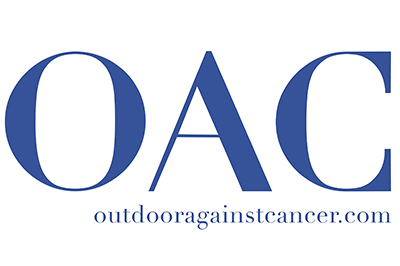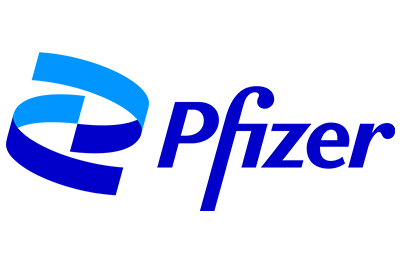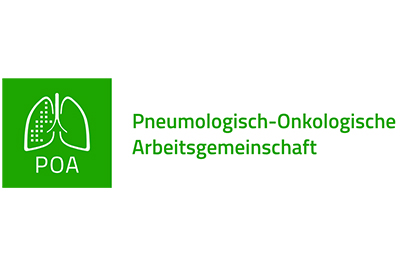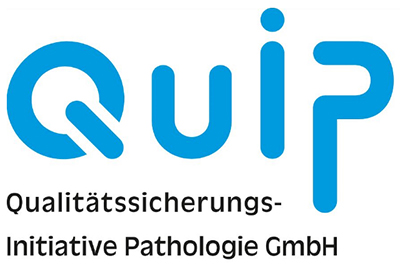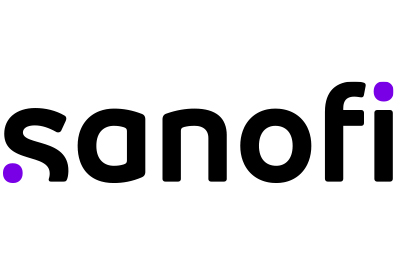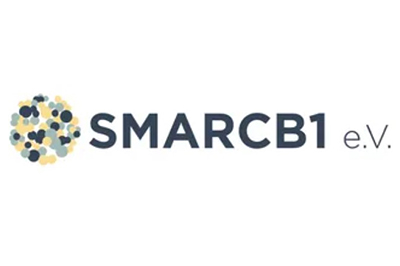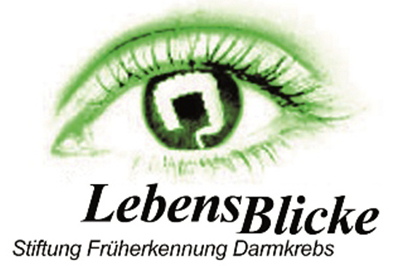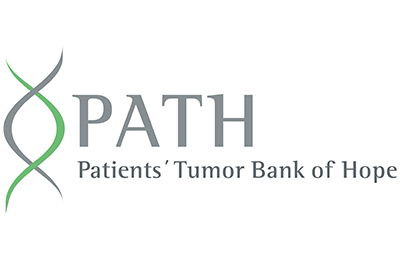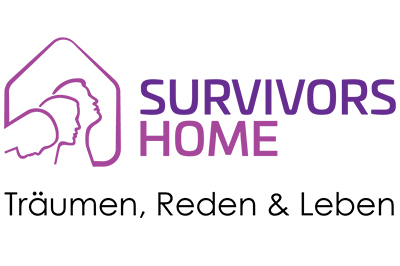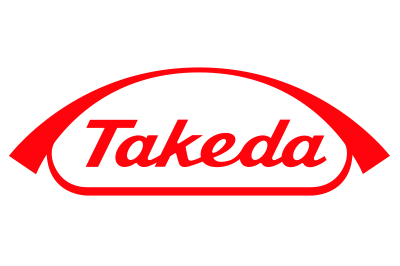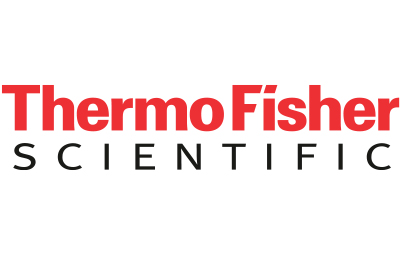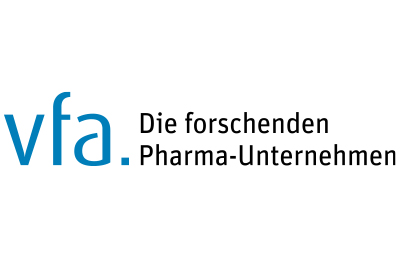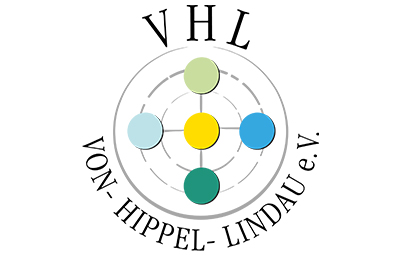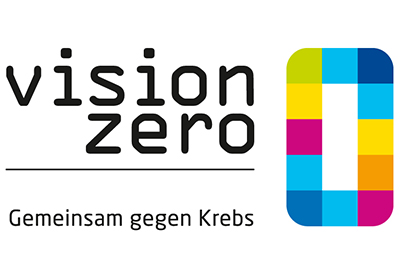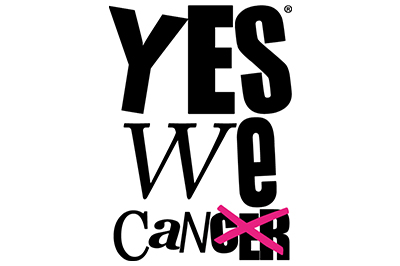National Decade against Cancer
The National Decade against Cancer brings together numerous key players to work on ensuring effective cancer research, in which patients are closely involved and which offers them increasingly improved prospects.


Launched by the Federal Ministry of Education and Research (BMBF) and scheduled to run for ten years, the alliance aims to mobilize people in Germany to address the topic of cancer research. At the same time, it is also designed to reinforce support for research itself. Innovations should receive more targeted support and be made available to patients faster. By joining forces, it is hoped that there will be fewer new cases, cancer will be diagnosed more quickly and that better treatments will be developed.
Mission, Goals, Tasks – Joint Research to Fight Cancer
All of the relevant key players in Germany are joining forces in the fight against cancer.
Thanks to the enormous progress made in medical research, it is now possible to cure many cases of cancer. Survival rates for cancer patients have increased considerably over the last 40 years. One of the main reasons for this is an improved understanding of the pathological process, which has also led to more targeted treatments. However, despite this, cancer is still the second most common cause of death in Germany and the disease most feared by the general public. This is exacerbated by the fact cancer can affect anyone. Furthermore, due to the predicted ageing of our society, the number of new diagnoses is expected to increase from 500,000 per year today to approximately 600,000 per year by 2030. The Federal Ministry of Education and Research (BMBF) has therefore joined forces with the Federal Ministry of Health and other partners to launch the National Decade against Cancer.
Decade against Cancer – Partners
As the initiator of the National Decade against Cancer, the BMBF has formed alliances with a number of top-level partners from the fields of medicine and research, society, politics and business. Only when we work together will we succeed in overcoming cancer.
Our partners are:
- Professional Association of Office-based Hematologists and Oncologists in Germany (BNHO)
- House of Cancer Self-Help – Federal Association (HKSH-BV)
- Federal Institute for Drugs and Medical Devices (BfArM)
- Federal Ministry of Education and Research (BMBF)
- Federal Ministry of Health (BMG)
- German Leading-Edge Cluster Ci3 – Cluster for Individualized Immune Intervention
- German Society for Hematology and Medical Oncology (DGHO)
- German Association of Medical Faculties (MFT) and German Association of Academic Medical Centers (VUD)
- German Cancer Aid (Deutsche Krebshilfe)
- German Cancer Research Center (DKFZ)
- German Cancer Society (DKG)
- Felix Burda Foundation
- National Association of Statutory Health Insurance Funds (GKV)
- Patvocates GmbH
- Roche Deutschland Holding GmbH
The Strategy Committee – A Strong Team
The Decade’s Strategy Committee is made up of representatives from key partner organisations from the fields of medicine and research, society, politics and business.
The committee is chaired by Mario Brandenburg, Parliamentary State Secretary to the Federal Minister of Education and Research, and co-chaired by Professor Michael Baumann, Chairman of the German Cancer Research Center (DKFZ). A full list of all the members of the Strategy Committee can be found at the German website.
Defining Objectives and Milestones
The Strategy Committee is the driving force behind the National Decade against Cancer. They define specific objectives, fields of action and milestones for the Decade and initiate relevant activities (see " National Decade against Cancer Joint Declaration (PDF, 171KB, File does not meet accessibility standards)”). Key decisions were made at the first Strategy Committee meeting in November 2018 that have set the course for future cooperation.
As part of the first meeting, the members agreed to establish three working groups: “Major unanswered questions in cancer research”, “Prevention” and “Generating knowledge through networking, research and health care”. In addition to this, a “Communication” project team was set up, comprising experts from the public relations and press departments of the Decade’s partner institutions since it is also an important task of the Strategy Committee to draw attention to the National Decade against Cancer programme.
The Working Groups
Cancer research experts are appointed to the working groups.
Working Group “Major Unanswered Questions in Cancer Research”
Mission:
The working group is to define the most important questions in cancer research and develop a roadmap for tackling these issues. In light of the particular strengths of the German research scene, they will determine which research priorities offer the best opportunities and which are the most promising in terms of benefit to society.
The working group will hold joint workshops with researchers to identify the current challenges and knowledge gaps within individual fields of cancer research and provide important impetus for their future direction.
Working Group “Prevention”
Mission:
The rate of new cancer cases could be reduced by up to 40 percent – but only if the available cancer prevention measures are implemented consistently and utilized sufficiently.
The working group will therefore define research priorities, which will improve the effectiveness of existing prevention programmes, for instance for colorectal cancer and cervical cancer. In addition to this, innovative strategies and methods are to result in significant further improvements to prevention methods, in particular by way of new possibilities to design personalized preventive treatments adapted to match individual risk.
The working group will initially focus on improving prevention and early detection of the most common forms of cancer.
Working Group “Generating Knowledge by Networking Research and Health Care”
Mission:
The sooner research findings can be applied in health care practice, the better patients can be treated. Conversely, researchers depend upon using patient treatment data to conduct targeted research and continue to improve health care provisions for people.
The working group plans to draw up a conceptual framework designed to optimize this process of reciprocal learning between research and health care. This involves, for example, building better networks between cancer research centres and health care providers. Questions of data standardization, data protection and data security need to be answered in order to be able to exchange, share and use health care and research data.
